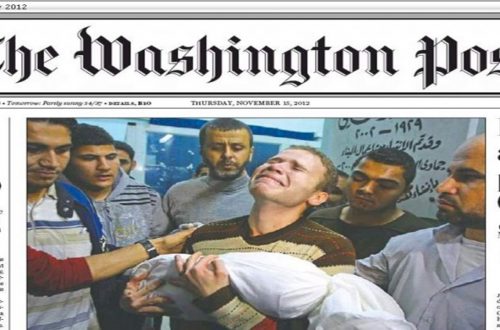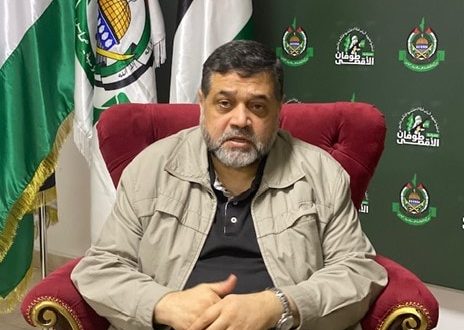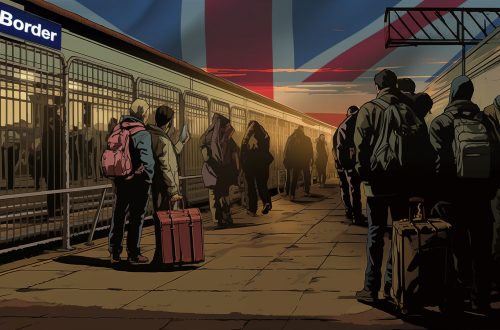I didn’t listen to Eva Figes on the Today programme but the furore does not surprise me. The BBC is frequently criticised here and in the Jewish press for its coverage of Israel and Jewish issues. I don’t intend to go into the rights and wrongs of that prickly subject now, but I thought it might be interesting to relate my own experience as a writer, and now TV presenter, making a film for the BBC about Israel.
Last month, the BBC broadcast Jaffa Stories, a half hour documentary about Jaffa, the mixed Jewish-Arab city down the road from Tel Aviv. The programme was based on the lives of four families: two Arab and two Jewish. The programme featured: Sami Abou-Shehade and his grandfather Ismail Abou-Shehade, Saeed and Khamis Abulafia of the famous Arab bakery; the Jewish artist Frank Meisler and his daughter Michal, and Eyal Ziv, an Israeli architect working on municipal restoration together with his Arab partner. Sami is a fairly radical nationalist, a student at Tel Aviv university, and his grandfather is one of the few thousand Arabs to stay in Jaffa after 1948. Together with a Jewish student, Sami hosts tours of Jaffa explaining what happened in 1948. He gives the ‘Nakba’ perspective, she gives the Zionist view. They don’t agree, but they do respect each other’s viewpoints.
Saeed Abulafia is a businessman and his uncle, Khamis, now has his own weekly show on radio Tel Aviv, in Hebrew (so much for the ‘apartheid state’). Frank Meisler helped save Old Jaffa from being demolished, and Eyal Ziv is so in love with the city that he says the building are calling out to him to be restored. We also filmed the Arab-Hebrew Theatre of Jaffa, where Arab and Jewish actors and directors work together. It was all based on my book ‘City of Oranges’ about Jewish and Arab families in Jaffa.
‘Jaffa Stories’ was made by a team of four: me, the producer Linda Sills and an Israeli and Palestinian cameraman. I put in a proposal to the series producer, Penny Berry, she liked it, and took it through the bureaucracy. I tried very hard to make the programme as balanced as possible, using the simple device of letting the people speak for themselves. Myself and the producer had full editorial control. Nobody gave us any political ‘guidance’ or hints or suggestions. Jaffa Stories was shown nine times on BBC World News and five times on the BBC News Channel.
Perhaps because ‘Jaffa Stories’ was not about war or walls, or suicide bombers, but showed Jews and Arabs living and working side by side, it did not get much media attention. It was ignored by the usually super-diligent BBC watchers and media monitors, who shriek their indignation every time Israel’s name is mentioned, and also by the Jewish Chronicle, although I called them to tell them about it. I thought that was a shame, not just because it was my project, but because it could have opened some minds, both about Israel and about the BBC and the kind of programmes it makes.
But decide for yourself: the BBC website has clips from six interviews and some extra material.


